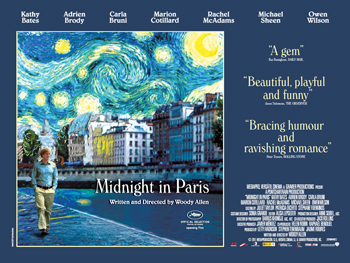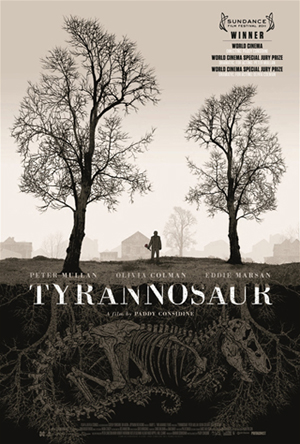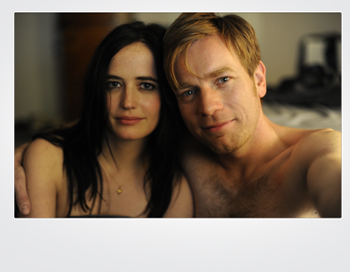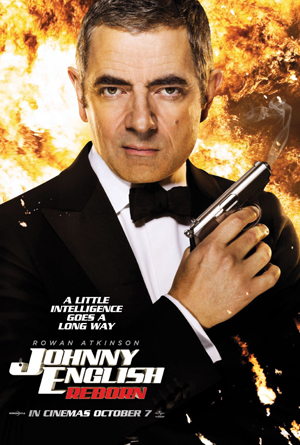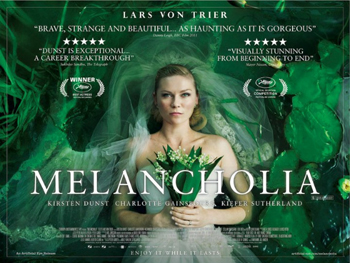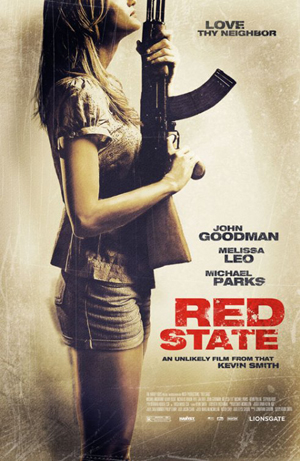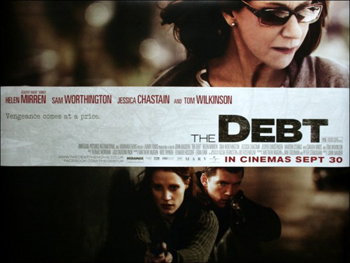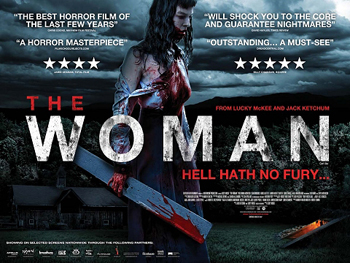Everything Must Go ****
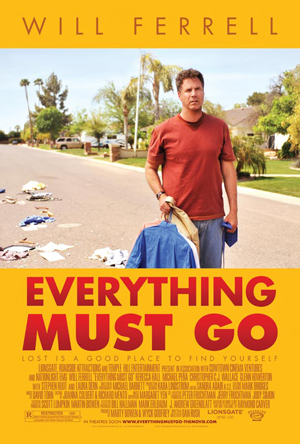 One of the most moving performances sometimes is when a comedic actor plays it straight. Will Ferrell does so in Dan Rush’s Everything Must Go, a thoughtful and realistically crafted and paced piece of touching drama with subtle additions of humour.
One of the most moving performances sometimes is when a comedic actor plays it straight. Will Ferrell does so in Dan Rush’s Everything Must Go, a thoughtful and realistically crafted and paced piece of touching drama with subtle additions of humour.
Ferrell plays Nick Halsey, an executive salesman and alcoholic who loses his job, his wife and his home after relapsing. After being told he is fired, Nick returns home to find he is locked out, his wife’s not answering and his possessions are all over the front lawn. Nick begins to pick up the pieces, with a little help from a smart local kid (Kenny, played by Christopher C.J. Wallace) and a new lonely neighbour called Samantha (Rebecca Hall).
Everything Must Go primarily takes place in one setting, like a stage play, with characters pondering over their lot and working out their issues in a heart-warming fashion. Rush’s film thankfully doesn’t try to right the wrongs of one flawed individual with an addiction over the course of a few days, but still allows a sense of hope to shine through, as we see Nick set on the road to self-recovery.
Ferrell is far more impressive in a straighter role, like his turn in Stranger Than Fiction, as he controls his own brand of zaniness and channels it as bittersweet irony and humour into ordinary events happening to Nick, hence engaging deeper with his audience for doing so. Ferrell keeps Nick grounded and real, making him hateful most of the time – as the illness sadly inflicts, but still human, as we empathise with his situation and grow fond of him when he reaches out for help.
The ever-changing balance of like-hate is an intriguing one as Nick interacts with two of life’s other ‘losers’, Kenny and Samantha. The dynamics with each and the role reversal of victim-survivour at any given moment are what maintain the interest in this poignant drama throughout, even if it feels lagging and inflated at times – possibly due to it being based on a short story by Raymond Carver.
Michael Peña is also against type in this as sympathetic cop Frank Garcia, Nick’s former sponsor and friend. Peña as Frank is wonderfully understated and affecting in this as someone trying to reach out to Nick, but someone hiding a secret. The surprises are the Ferrell and Peña performances that make for a refreshing change from both.
This is an unhurried and low-key character-centric drama laced with occasional humour and subtle intensity, allowing the actors to deliver some of their finest moments of their craft on screen, especially Ferrell, for which it will be remembered solely for.
4/5 stars
By @FilmGazer

